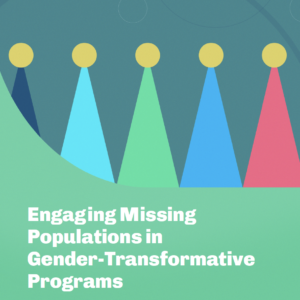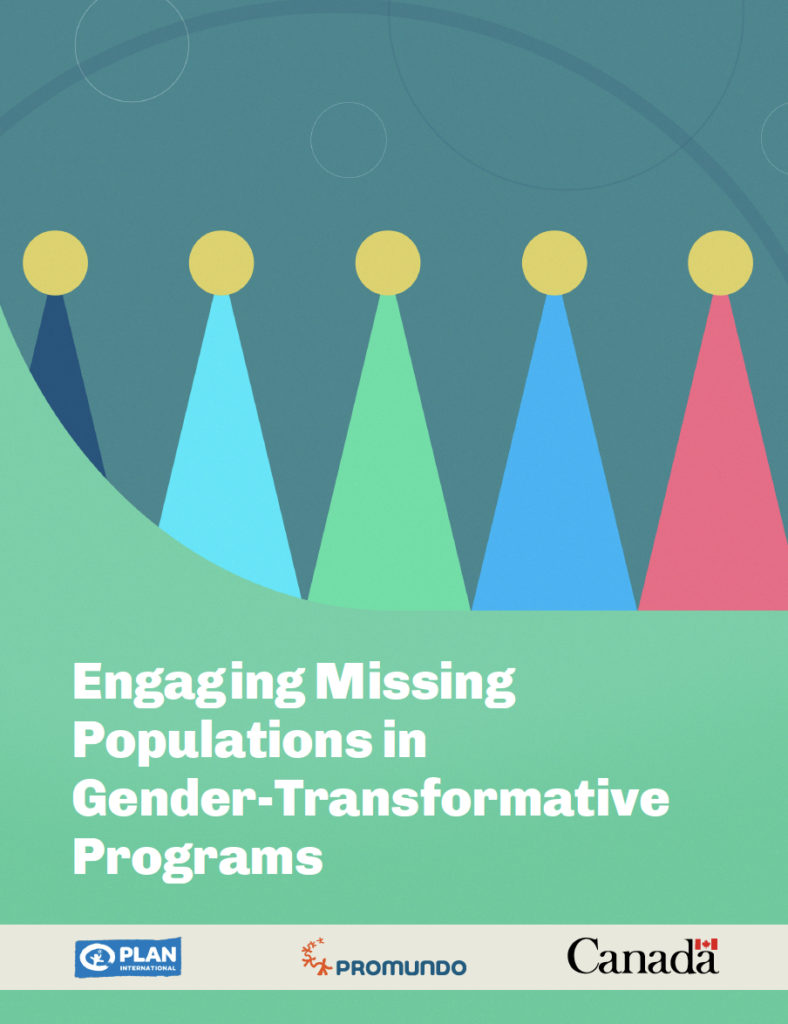This learning brief is part of a set of three from Plan International Canada and Equimundo; the brief documents lessons learned from Plan International Canada’s Strengthening Health Outcomes for Women and Children (SHOW) project, a multi-country, 4.5-year gender-transformative project – which works to identify, challenge, and shift harmful gender norms – with an aim to reduce maternal and child mortality among vulnerable women and children in underserved regions of five countries: Bangladesh, Ghana, Haiti, Nigeria, and Senegal, and to advance gender equality.
The insights have been gleaned through Equimundo’s and Plan International Canada’s experiences with the SHOW project, as well as with similar group-based programs that work with fathers to help them become more involved caregivers and partners. This brief focuses on low-literacy populations, extended family members, and the broader community – groups which are often under-served or end up missing from programs – and shares best practices and lessons learned on engaging these groups effectively.
Read the key lessons here.
Read the other briefs in this learning series:
Role of Facilitation in Gender-Transformative Programs That Engage Men and Boys
Recruitment and Retention of Male Participants in Gender-Transformative Programs

